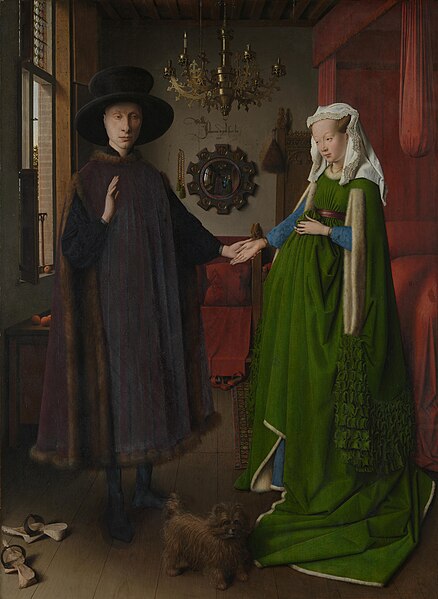24/7 Feed Updates
In today’s modern era, we are constantly bombarded with news and information. With nonstop updates and instant access, it is possible to consume media around-the-clock. The Pew Research Center recently found that people under 50 years-old, consume half of their news online. And for for those under 30, online news is twice as popular as TV news (Nagler 1).
We scroll our social media stream, browse the Internet, watch television, listen to the radio, read the newspaper and talk with friends and family. Whatever the source, the news stream is a steady torrent.
While some of this information is well-researched, fair and factual, there are numerous news stories that are blatantly false.
Enter: Fake News.
In the past couple of years, fake news has become a widespread buzzword in the American lexicon. But what exactly is fake news?
#PizzaGate, Pope Francis Endorses Donald Trump
Fake news is fabricated information that mimics news media content in form, but not in process or intent. Fake news outlets lack editorial norms and processes that ensure accuracy and credibility of information ("Fake News, Alternative Facts and Misinformation"). Said simply, fake news is information that is untrue and cannot be verified.
At first blush, these stories can seem accurate, but actually contain fictitious and sometimes deliberately sinister information.
With the proliferation of clickbait headlines, people sometimes re-share content in their social media feeds before they evaluate it, verify it or even read it. This creates a viral typhoon of misinformation and distorted facts, which can lead to serious real-world consequences.
Before you share. First verify. Pause and reflect.
Don’t Be Duped. Consume Wisely.
It is more important than ever to critically evaluate news (and all information) for its reliability and truth. Be skeptical of the information that you come into contact with. Question. Have doubts. Independently verify a source. And form your own opinions.
Ask yourself: Who wrote this and why? Search the author’s name. Is this person an expert on the topic? Is the information trustworthy and factual? Can you find this same news in multiple places?
Analyze a source from multiple perspectives. What explicit and implicit biases exist in the article? What is the author’s intent? Do they cite their sources?
Also, be aware of your own partialities and blind spots. Simply put, people are more likely to accept information that confirms their beliefs and dismiss information that does not. This behavior is known as confirmation bias.
But perhaps most importantly, read widely and read often. Read from multiple sources and read multiple points of view. Read from sources that differ from your own opinions.
Don’t just blindly accept the first results that pop onto your screen. Or mindlessly accept what you are told. Be persistent in your reserach and sift deeper.
Informed Citizenry is a Cornerstone of Democracy
"Congress shall make no law respecting an establishment of religion, or prohibiting the free exercise thereof; or abridging the freedom of speech, or of the press; or the right of the people peaceably to assemble, and to petition the Government for a redress of grievances" ("America's Founding Documents--The Bill of Rights: A Transcription").
It is a civic duty to act as an informed citizen and as a protector of rational scholarship. In the 21st Century, media literacy is an essential life skill that enables you to do so.
Be wary of: the suppression of contradictory views, appeals to prejudices, personal attacks, excessive claims of certainty and emotional appeals.
It is imperative to protect objective realities, accurate facts and balanced viewpoints.
ACC Libraries and Fake News
ACC has a vast collection of reliable and credible resources available to students, staff and faculty (A-Z List of All Databases, eBooks, books, Information Literacy sessions and more). Stop by an ACC library today and speak with a faculty librarian or use our 24/7 chat feature.
Also, to find out more about Fake News, visit our Fake News Research Guide.


Works Cited
"America's Founding Documents--The Bill of Rights: A Transcription." National Archives, https://www.archives.gov/founding-docs/bill-of-rights-transcript.
"Fake News, Alternative Facts and Misinformation: Learning to Critically Evaluate Media Sources." Cornell University Library, 2018, https://guides.library.cornell.edu/evaluate_news.
Nagler, Christina."4 Tips for Spotting a Fake News Story." Harvard Summer School, 2018, https://www.summer.harvard.edu/inside-summer/4-tips-spotting-fake-news-story.










